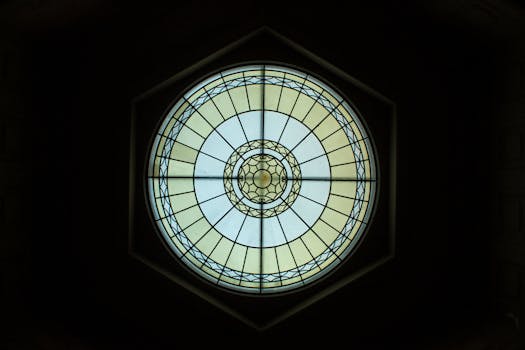
Traveling Through Time: How Europe’s Historical Heritage Shapes Modern Lifestyles in 2025
Traveling Through Time: How Europe’s Historical Heritage Shapes Modern Lifestyles in 2025. Europe, a continent steeped in history and tradition, has a profound impact on modern lifestyles. From the imposing architecture of ancient Rome to the vibrant art scene of modern-day Berlin, Europe’s historical heritage continues to shape the way we live, work, and play. In this article, we’ll explore the ways in which Europe’s rich cultural legacy influences contemporary lifestyles, and why traveling through time is still an essential part of the European experience.
A Brief History of Europe
Europe’s history stretches back thousands of years, with ancient civilizations such as Greece and Rome leaving an indelible mark on the continent. The Middle Ages saw the rise of powerful empires, while the Renaissance and Enlightenment brought about a cultural and intellectual flowering. The 20th century was marked by two devastating wars, but also saw the emergence of the European Union, a powerful economic and political bloc. Today, Europe is a diverse and dynamic continent, with a rich cultural heritage that continues to inspire and influence modern lifestyles.
Architecture and Urban Planning
One of the most visible ways in which Europe’s historical heritage shapes modern lifestyles is through its architecture and urban planning. From the grandeur of Paris’s Louvre to the charm of Amsterdam’s canals, Europe’s cities are a testament to the continent’s rich cultural legacy. Many of Europe’s cities have preserved their historic centers, with narrow streets, picturesque squares, and imposing landmarks such as cathedrals and castles. These historic districts are not only popular tourist destinations but also thriving urban centers, with a vibrant mix of shops, restaurants, and cultural attractions.
Art and Culture
Europe’s historical heritage has also had a profound impact on the continent’s art and culture. From the masterpieces of the Renaissance to the avant-garde movements of the 20th century, European art has been shaped by the continent’s rich cultural legacy. Today, Europe is home to some of the world’s most famous museums, galleries, and festivals, with a thriving arts scene that continues to inspire and influence contemporary culture. Whether it’s the Uffizi Gallery in Florence, the Tate Modern in London, or the Venice Biennale, Europe’s cultural institutions are a testament to the continent’s enduring love affair with art and culture.
Cuisine and Wine
Europe’s historical heritage has also had a significant impact on the continent’s cuisine and wine. From the hearty dishes of traditional German cuisine to the sophisticated flavors of French haute cuisine, European food is a reflection of the continent’s rich cultural diversity. The same is true of Europe’s wine, with famous wine-producing regions such as Bordeaux, Tuscany, and Rioja producing some of the world’s finest wines. Whether it’s a traditional pub in England, a trattoria in Italy, or a bistro in France, Europe’s culinary scene is a vibrant and delicious reflection of the continent’s historical heritage.
Modern Lifestyles
So how does Europe’s historical heritage shape modern lifestyles in 2025? One way is through the preservation of traditional skills and crafts, such as woodworking, textiles, and pottery. Many of Europe’s cities have thriving artisanal communities, with skilled craftsmen and women creating beautiful and functional items that reflect the continent’s rich cultural legacy. Another way is through the celebration of festivals and traditions, such as Carnival in Venice, the Tomatina festival in Spain, and Oktoberfest in Germany. These events are a testament to Europe’s love of community and celebration, and continue to attract millions of visitors each year.
Conclusion
In conclusion, Europe’s historical heritage continues to shape modern lifestyles in 2025, from architecture to art and cuisine. By traveling through time and exploring the continent’s rich cultural legacy, we can gain a deeper understanding of the ways in which Europe’s history has influenced contemporary lifestyles. Whether you’re a history buff, a foodie, or an art lover, Europe has something to offer, and its historical heritage is an essential part of the European experience.




